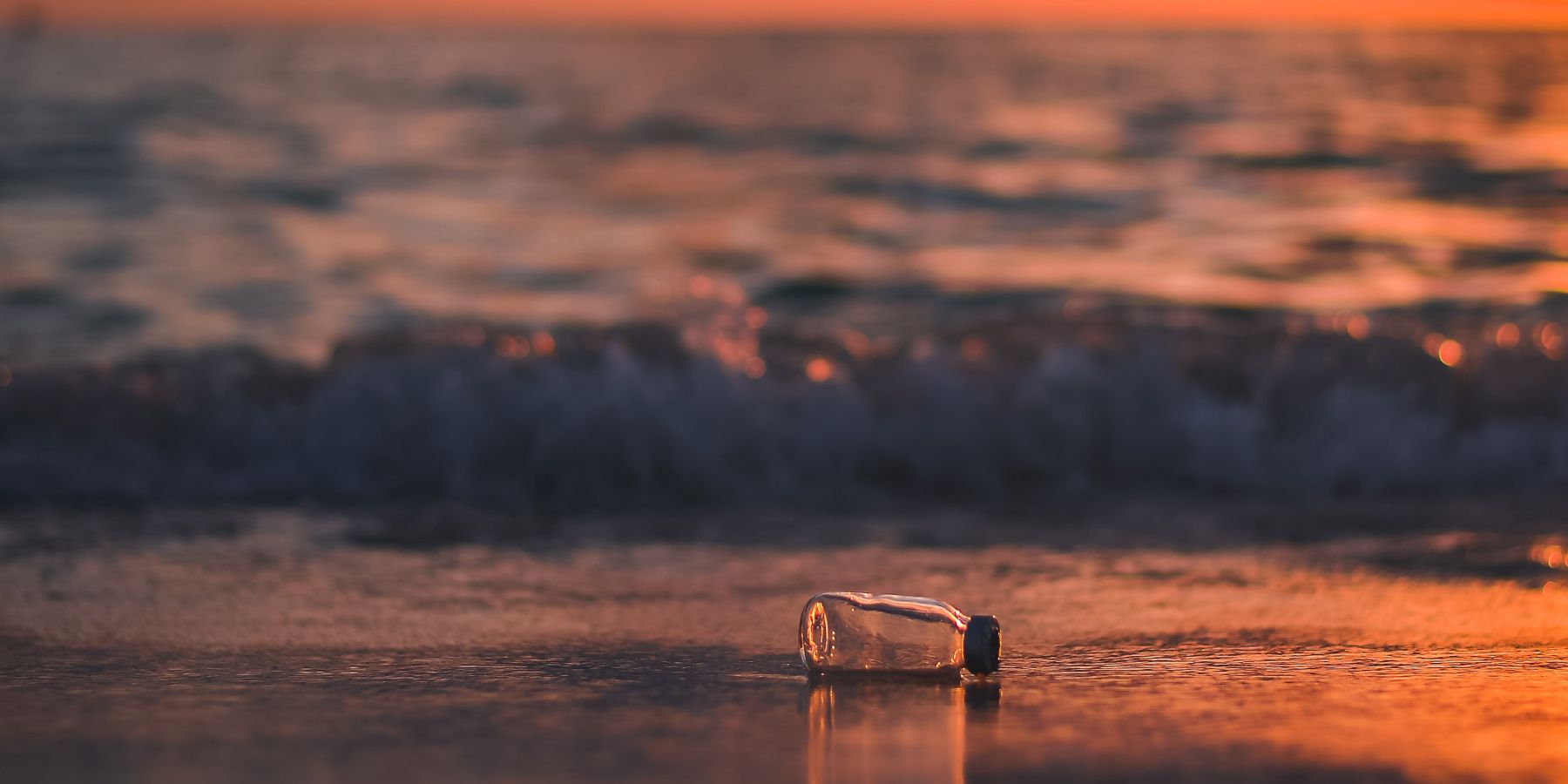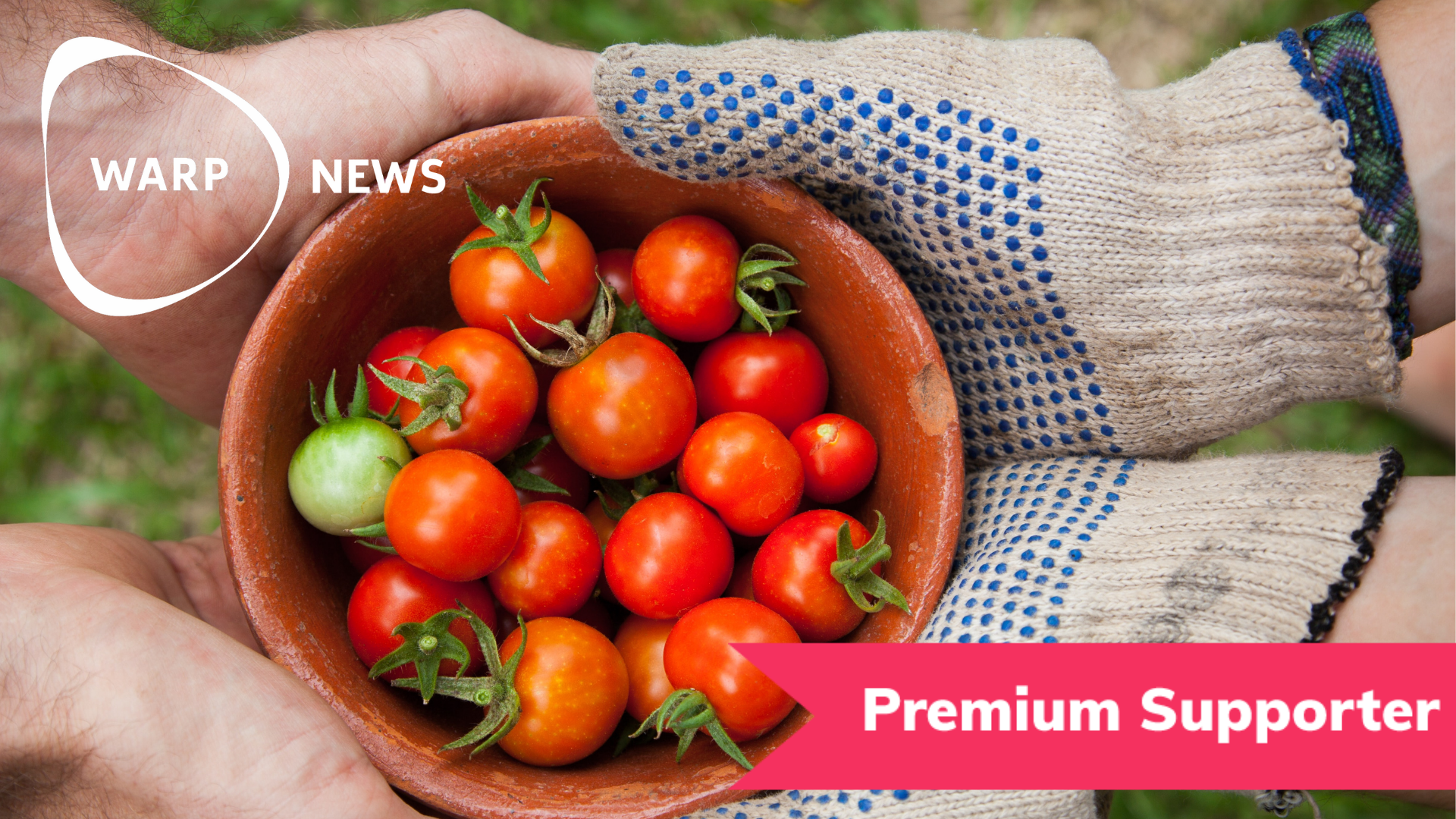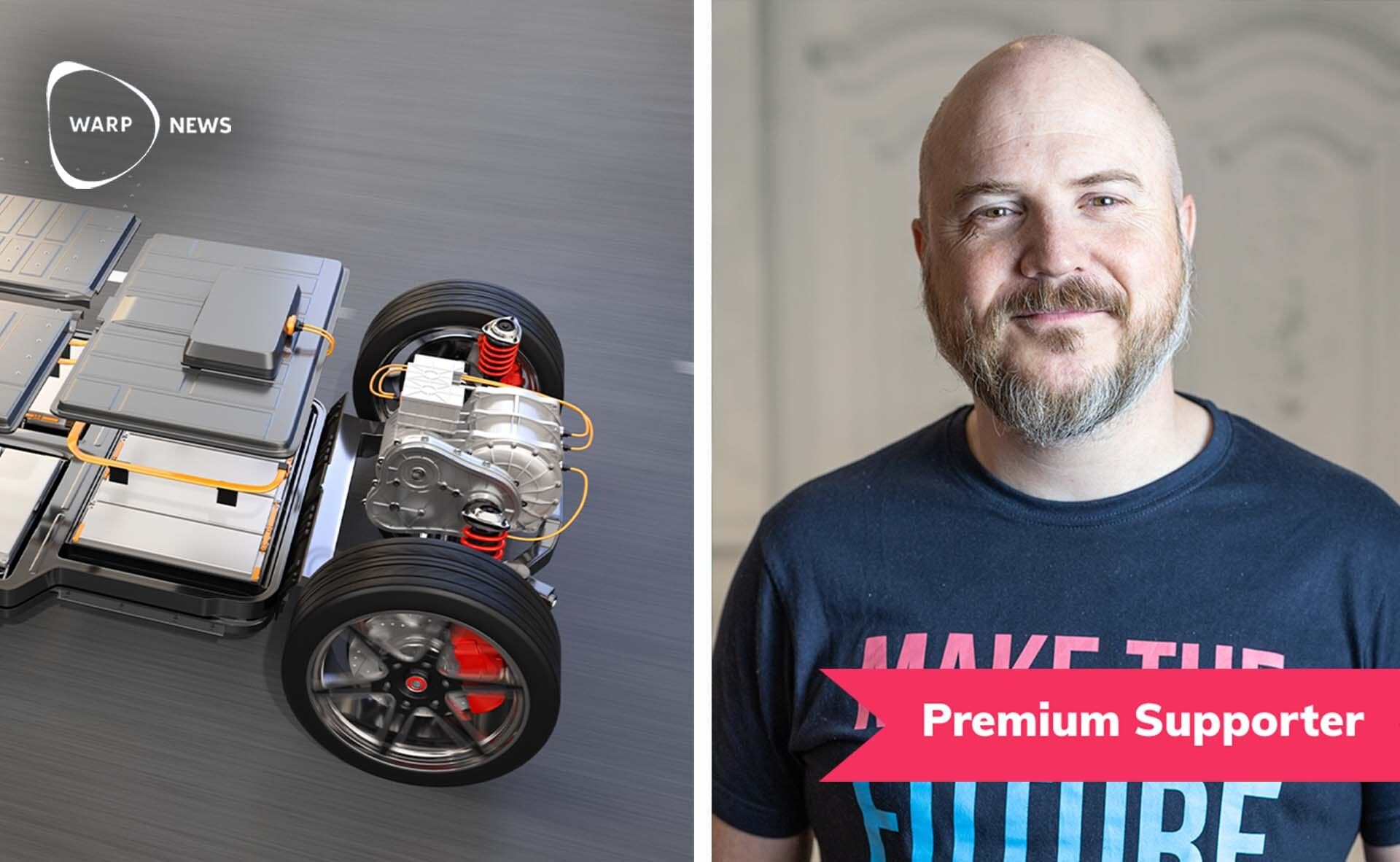
🚢 Plastic in the ocean is used in asphalt
Fishers in India have been picking up plastic from the ocean that becomes an ingredient in asphalt. The project has been a success and is now spreading to the whole fishing workforce.
Share this story!
The fishermen in the Indian state of Kerala have stopped throwing back plastic they catch into their nets. Instead, they put bottles, ropes, toys, and other plastic waste in large sacks that they are provided by the state government, reports The Guardian.
The contents of the bags are unloaded ashore and sorted at special sorting centers. Plastic that cannot be recycled in the traditional way is shredded and then mixed with asphalt. The most obvious advantage is that this reduces the amount of plastic in the sea, but it also reduces the cost of repairing and building roads. By mixing in plastic, less asphalt is needed, which makes the total material 8-10 percent cheaper per kilometer.
Another benefit of adding plastic in the mix is that the roads then withstand the extreme heat that Kerala sometimes suffers from, better than traditional asphalt. The process has been running as a project for over four years, with 3000 contributing fishermen picking up waste. Together they have collected 80,000 kilos of plastic waste from the sea and used it in 135 kilometers of asphalt road.
The state government is pleased with the results and has decided to extend the project to the whole fishing community by handing out sacks to approximately 250,000 fishermen. Another advantage of plastic collection is that it creates jobs for women in Kerala, in an otherwise difficult labor market. The state government has employed women in the sorting centers that take care of the plastic.
"Most of the plastic waste is too worn to be recycled in the traditional way. So we shred it and sell it to local construction companies that mix the plastic into asphalt to build roads. The money we get from it pays the women's salaries", says VK Lotus at Kerala Harbor Engineering Department, in a comment to The Guardian.
Perhaps the program's biggest advantage is that fishermen now look at plastic waste in the sea in a different way.
"Previously, we did not care about plastic that came with our nets. We found the fish and threw the plastic back into the sea. But not anymore. We are now protecting the sea to secure our livelihood. If we continued to be careless, in the end, there would be no fish left for us to catch," says Peter Mathias, chairman of the fishing association All Kerala Fishing Boat Operator
By becoming a premium supporter, you help in the creation and sharing of fact-based optimistic news all over the world.


